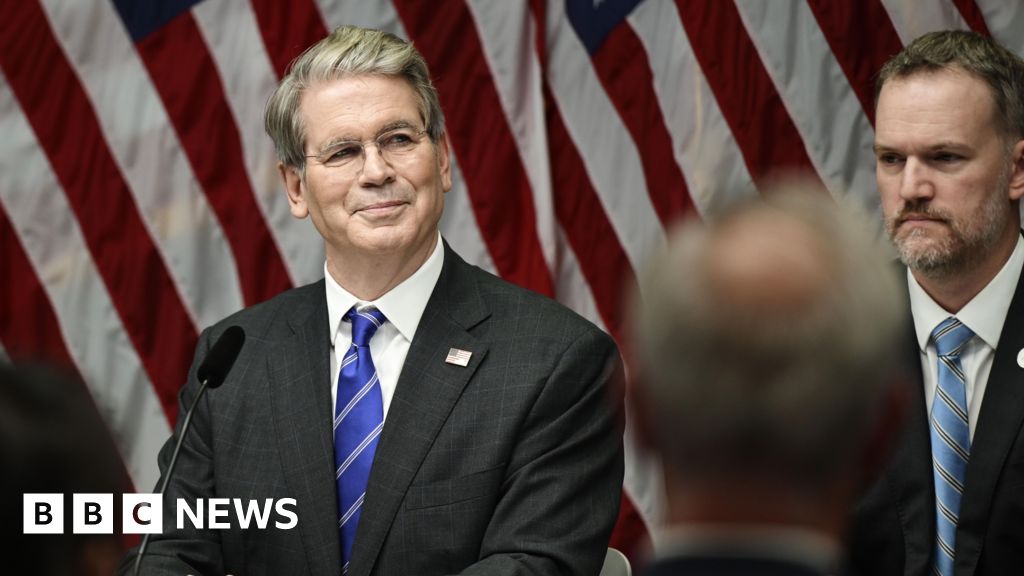Trump's EU Tariff Deal Sparks Mixed Reactions in Ireland: Relief and Concerns

Following a tense trade dispute, US President Donald Trump and European Commission President Ursula von der Leyen have reached an agreement on tariffs affecting EU goods. While the deal averts a potentially damaging escalation, reactions in Ireland have been nuanced, with a mix of relief and lingering concerns.
The agreement, announced on Sunday, involves the US imposing a 15% tariff on all EU goods. This move aims to address US concerns about subsidies for Airbus, a major European aerospace company. The EU, in turn, has agreed to refrain from retaliatory tariffs while negotiations continue.
Ireland's Complex Relationship with the US-EU Trade Dynamics
Ireland's economy is deeply intertwined with both the United States and the European Union, making the outcome of this trade dispute particularly significant. As a member of the EU, Ireland is directly impacted by any trade measures imposed on the bloc. Furthermore, Ireland enjoys a strong economic relationship with the US, with significant American investment and trade flows.
Initially, the threat of tariffs from the US caused considerable anxiety in Ireland. Irish exports, particularly in sectors like pharmaceuticals, medical devices, and food products, faced potential disruption. The prospect of a trade war between the US and the EU loomed large, threatening to undermine economic growth and job creation.
Relief and Lingering Concerns
The agreement has brought a sense of relief in Ireland. Avoiding a full-blown trade war is undoubtedly a positive outcome. However, the 15% tariff on EU goods remains a significant concern. While it’s a temporary measure, its impact on Irish exporters cannot be ignored. Businesses will need to carefully assess the implications and explore strategies to mitigate any negative effects.
Furthermore, the underlying issues that led to the dispute—specifically, US concerns about Airbus subsidies—remain unresolved. Negotiations are expected to continue, and the possibility of further trade tensions cannot be ruled out. This uncertainty creates a challenging environment for Irish businesses, requiring them to remain agile and adaptable.
Impact on Key Irish Sectors
Several key sectors of the Irish economy are likely to be affected by the tariff agreement. The pharmaceutical and medical device industries, which are major exporters to the US, will need to factor the tariff into their pricing and competitiveness strategies. The food sector, particularly those exporting dairy and meat products, will also face challenges.
The Irish government is actively engaging with both the EU and the US to ensure that Ireland's interests are protected. Support measures for affected businesses are being considered, and efforts are underway to diversify export markets and strengthen Ireland's resilience to external shocks.
Looking Ahead
While the recent agreement provides a temporary reprieve, the underlying trade tensions between the US and the EU are far from over. Ireland needs to be prepared for ongoing uncertainty and adapt its economic policies accordingly. Strengthening trade relationships with other partners, investing in innovation and productivity, and fostering a resilient business environment will be crucial for ensuring Ireland's long-term economic success.
The situation highlights the importance of Ireland's membership in the EU, which provides a collective bargaining power in international trade negotiations. It also underscores the need for Ireland to maintain a strong and constructive relationship with the United States, balancing the interests of both regions.






